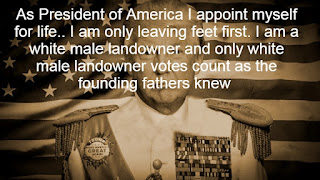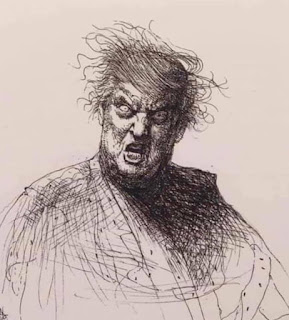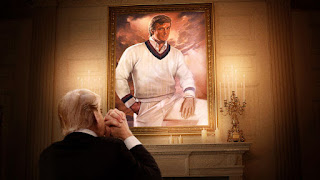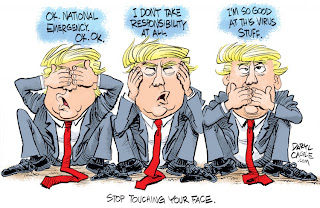WorshipTrumpe
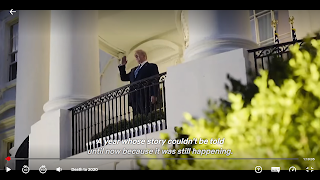
The inexplicable tolerance for outlandish, sexist, homophobic, self-serving rhetoric continues as our dear leader challenges democracy itself. His admiration for strong man leaders can make one wonder if he is just jealous or actually admires their ability to gain control of a government. His followers find him so admirable that he seems to ascend to the level of deity for them, wanting more and more of his personality to descend upon them. To them, his presidency is the greatest in the history of the world, and his accomplishments outshine any other president. His campaign and rally promises to have mexico pay for a great wall, to create a better and cheaper health care for all ameicans, and to never play golf again as he would be too busy governing to take any time off seem to be immaterial His bragging about his adultery, his sexual assault lawsuits, his challenge to democratic elections seem to endear him to his base. Letter to the editor Dec 24, 2020, 11:00 AM
